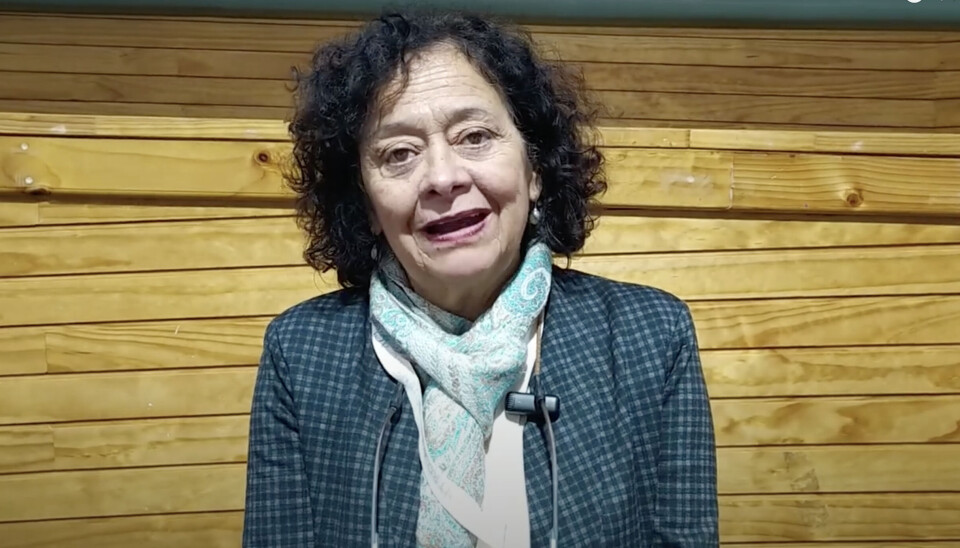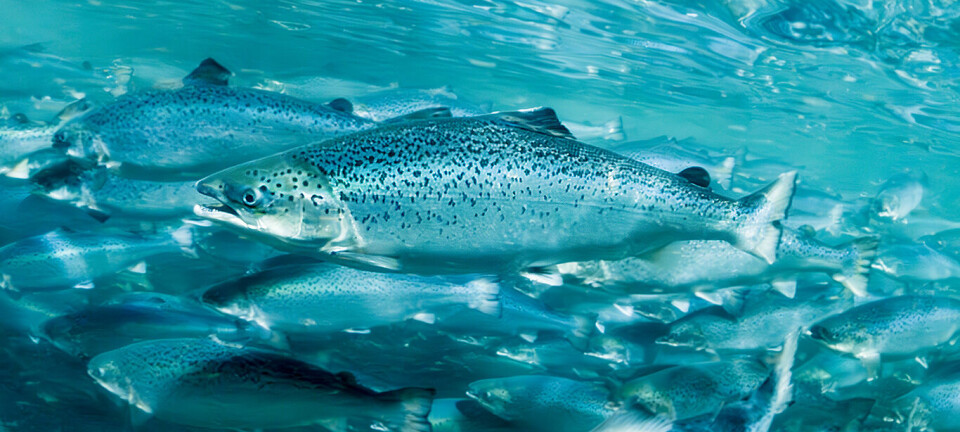
The challenges posed by the SOFIA report for Chile as an aquaculture country
According to Dr. Doris Soto, from the perspective of climate-smart aquaculture, land-based farming has the disadvantage of requiring a lot of energy, therefore, the use of clean energies should be prioritized.
Recently, the FAO published its report "State of the World Fisheries and Aquaculture" (SOFIA), a document that compiles knowledge about the production, value, and other relevant aspects of global fishing and aquaculture using statistics reported by countries for the year 2022. One of the important points of this report is that it also provides a very relevant future projection, particularly for aquaculture; since it is expected to continue growing and creating an opportunity to feed humanity in a more sustainable way.
SOFIA reports that in 2022, global fishery and aquaculture production reached 223.2 million tonnes, of which 185.4 million tonnes were aquatic animals and 37.8 million tonnes were algae. It is important to highlight that by 2022, the cultivation of fish and invertebrates (mollusks, crustaceans, and others) for human consumption exceeded 51% of the total production, revealing the accelerated growth of aquaculture.
In conversation with Salmonexpert, a partner media of LandbasedAQ, Dr. Doris Soto, lead researcher at Centro Incar, comments that if algae are included, aquaculture has been surpassing fishing in terms of global production volume for years. “However, since a large amount of the cultivated algae is not for food, they are left out of the count. Regarding salmon, in the global context, the production is small, as freshwater fish have the largest share. But if we refer to mariculture, salmon are the most cultivated fish. Obviously, their relevance is notable, because salmon production continues to grow and will continue in that line, and our obligation is that these farming systems become more sustainable.”
The report also indicates that fishing remains stagnant in volume, with a percentage of over-exploited fisheries that continues to increase. Fishing, especially for the production of fishmeal, remains the most important aquatic production in volume in Latin America; however, aquaculture surpasses it in value, in addition to generating food intended for direct consumption.
"Fisheries have been stagnant for several years and the same SOFIA report shows that they continue to be carried out, but below their sustainability level, which is concerning. From that perspective, salmon production is an interesting solution. As FAO, we hope that this production continues to grow, clearly Norway has a much broader space to increase its production than Chile, since in our country we are giving great importance to the protection of biodiversity, which has a cost. But it is a cost that we must assume as a country, it is a decision that the regions have to make and it may become, at some point, a comparative advantage, if we can produce a salmon that protects biodiversity or is careful not to impact it, the possibility of increasing production is envisioned. However, for this, it is necessary to review the spatial distribution more effectively. Therefore, we have hope that the new Aquaculture Law will give us an opportunity for a much deeper review and with the current knowledge, of all these issues," asserts Dr. Soto.
SOFIA also highlights several relevant issues for the sustainable growth and intensification of aquaculture and places special emphasis on the need to increase the consumption of aquatic foods, considering their lower carbon footprint and high nutritional value. From this perspective in Chile, although we continue to be among the top 10 aquaculture producers globally, we are still far from increasing the consumption of aquatic products and improving the nutrition of our inhabitants, since our aquaculture is mainly for export.
Land-based farming
According to the researcher from Incar, land-based salmon farming is possible and the existing initiatives are having excellent results, as the time salmon spend on land is increasingly extended, because the farming parameters are more controlled.
“However, from the perspective of climate-smart aquaculture, it has a disadvantage in that it requires a lot of energy, therefore, prioritizing the use of clean energies should be considered. On the other hand, the cultivation for fattening in Chile, I still do not see it as possible in Chile due to a matter of competitiveness. Therefore, cultivation in the sea in open systems and its growth is still possible, but with completed research studies and permanent monitoring systems,” noted Dr. Doris Soto.




















